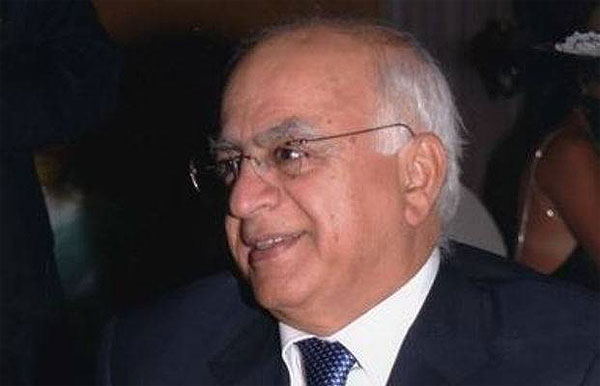19/10/2020
19/10/2020

The State of Kuwait hired the services of foreign companies to explore oil in the country. It is evident all the oil wells are located in the desert areas where the tribes graze their cattle.
Oil was not found in the inhabited villages, including the village of Kuwait (meaning the Capital). Following the discovery and extraction of oil, money started pouring in the hands of the government, so it restricted the distribution of this money to the people of the village (the Capital), through the process of what was known as valuation (i.e. appropriating citizens’ properties for public benefit, such as building roads and building schools and hospitals).
This included all people of the village. As for the Bedouins or the tribesmen learned that oil was discovered in land owned by them and that they were not compensated and value was not put on their lands. The same thing happened with the granting of Kuwaiti citizenship to the residents of the state, as it was granted only to the people of the village (the Capital) and later to others in the rest of the regions through committees managed by the people of the village (the Capital).
This is not said by a carpentry teacher at the Public Authority for Applied Education and Training or a by a doctor working at the Jaber Hospital, but rather by Abdulhadi Al-Ajami, head of the History Department at the Kuwait University.
Many objected to what is said by the ‘doctor’, describing it as unacceptable. They said he is looking for a grievance that does not exist. What prompted me to write this article was the silence of the concerned parties about this disturbing mix-up, which means their agreement or sympathy with the one who said this, especially what the Bedouins lost when the government seized their land (desert) at an opportune time – the desert where they grazed their cattle.
The expropriation, inside the cities, was done upon notarized possession document of real estate, and whoever did not own real estate at that time did not get anything from the valuation process, and this is a fact. Therefore, I do not know what mechanism the government should have followed 60 years ago to value the desert and compensate those who inhabited it.
The desert is vast and a center stage of conflicts among several tribes during those times often in search for water and pasture, because instability for them meant hunger and subsequent death.
Whose land should be valued? What is the area required to be evaluated? And to whom the government pays the valuation money? No personal identities, or stability, and known place of settlement even for one month?
Abdul-Hadi’s words come under the rule of hateful excitement, and should not have been said by a ‘professor’ of history, and his colleagues should have not remained silent, especially those close to him, because the state witnesses enough of social, human and intellectual fragmentation, and this historical error may add unjustified fuel to fire especially among his students, or whoever listened to him and was convinced of his point of view.
It is not bad to underestimate our status as a people and a state and insist on describing the ‘capital state’ as the village, which was the one that signed its first international agreements, with the largest superpower at the time, more than 120 years ago.
As for what is related to the issue of the nationality-granting committees, according to my knowledge and certainty the elders of tribes played the first and most powerful role in recommending those to be naturalized and often without question or objection from the committee heads, who were from Qibla and Sharq as Abdulhadi al-Ajami has mentioned cynically more than once, mostly flawed, and contained a great deal of inaccuracies, and it should not have been tolerated.
e-mail: [email protected]
By Ahmad alsarraf


